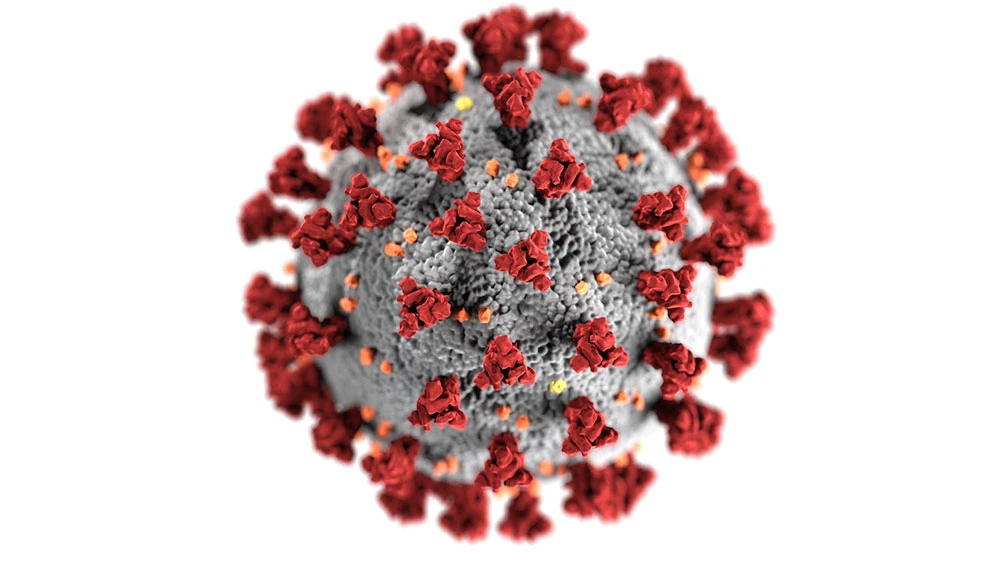Nanomedicine is a branch of medicine that utilizes nanotechnology for the diagnosis, treatment, and prevention of diseases. It involves the use of nanoparticles, which are tiny particles that can interact with biological systems on a cellular and molecular level. The field of nanomedicine has shown great potential in revolutionizing healthcare by offering targeted therapies, early disease detection, and more efficient drug delivery systems. However, it also poses some disadvantages that need to be considered.
In this article, we will discuss the advantages and disadvantages of nanomedicine.
Advantages of Nanomedicine
- Targeted drug delivery: One of the most significant advantages of nanomedicine is its ability to deliver drugs directly to the affected area. Nanoparticles can be designed to target specific cells, tissues, and organs, allowing for more efficient and effective treatment. This targeted drug delivery can reduce the side effects associated with traditional treatments, which can damage healthy cells.
- Early disease detection: Nanoparticles can be used to detect diseases at an early stage. They can be designed to bind to specific biomarkers associated with certain diseases, making them highly sensitive and selective. This early detection can lead to earlier treatment, which can improve patient outcomes.
- Improved imaging: Nanoparticles can be used to enhance medical imaging, allowing for more precise and accurate diagnosis. They can be designed to target specific tissues or organs, making them highly effective in detecting and monitoring diseases.
- Versatility: Nanoparticles can be designed to carry a variety of therapeutic agents, including drugs, genes, and proteins. This versatility makes them highly adaptable to different medical applications.
- Coronavirus vaccines: Nanotechnology played a critical role in developing coronavirus vaccines. The new vaccine technology uses messenger RNA (mRNA) to teach cells how to make a protein that triggers an immune response. This technology is highly effective and has led to the rapid development of coronavirus vaccines.
Disadvantages of Nanomedicine
- Safety concerns: The safety of nanoparticles is a major concern in the field of nanomedicine. These tiny particles can easily enter cells and tissues, potentially causing harm. Research is ongoing to determine the long-term effects of nanoparticles on human health.
- Cost: Nanomedicine is a relatively new field, and the cost of developing and producing nanoparticle-based therapies is still high. This can limit the accessibility of these treatments to patients who cannot afford them.
- Regulatory challenges: The regulatory approval process for nanomedicine products can be lengthy and complicated. This can delay the availability of these treatments to patients who need them.
- New vaccine technology: Although the new vaccine technology that uses mRNA has proven highly effective, some people are hesitant to receive these vaccines due to concerns about their safety and efficacy.
Conclusion
Nanomedicine has the potential to revolutionize healthcare by offering targeted therapies, early disease detection, and more efficient drug delivery systems. The field has shown promise in developing effective treatments for a variety of diseases, including cancer, diabetes, and cardiovascular disease. However, it also poses some challenges that need to be addressed. The safety of nanoparticles, cost, and regulatory challenges are all factors that need to be considered.
Nonetheless, the new vaccine technology that uses mRNA has proven highly effective in developing coronavirus vaccines. As research in the field continues, it is hoped that nanomedicine will provide new and innovative solutions for the treatment and prevention of diseases.



